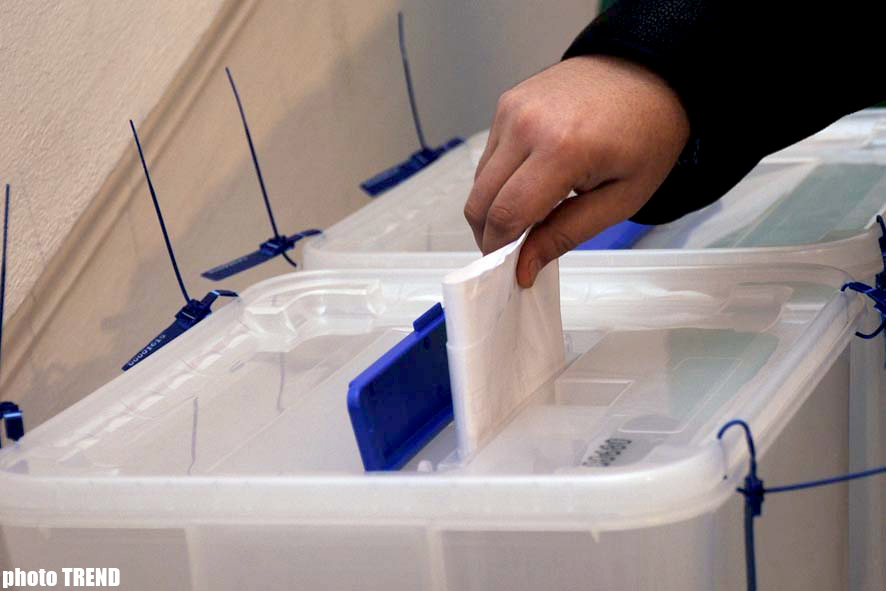Portugal's opposition conservatives scored a resounding victory Sunday in parliamentary elections overshadowed by the country's economic crisis, ousting caretaker Prime Minister Jose Socrates' Socialists.
The PSD had nearly 39 per cent of the vote against 28 per cent for the Socialists, with 99 per cent of the vote counted, dpa reported.
Socrates announced his resignation as Socialist Party leader, saying it was time for the party to start a "new cycle" and that he would only be a rank-and-file party activist from now on.
PSD leader Pedro Passos Coelho promised political stability and to restore the confidence of financial markets in the Portuguese economy.
The PSD can build an absolute majority if it joins forces with the conservative-nationalist CDS-PP, which had 11.7 per cent of the vote.
Observers say only a strong government will be able to fully apply the tough bailout conditions set by the European Union and the International Monetary Fund (IMF), which have agreed to grant Portugal 78 billion euros (112 billion dollars) in loans to help avert a financial collapse.
The fourth force in the elections was a coalition between the communists and greens, taking 7.9 per cent of the vote, followed by Left Bloc with about 5 per cent.
"We need courage to win enormous difficulties, (and) we also need some patience, because we know we cannot reach results in two days," Passos Coelho said in his victory speech.
He promised to "defend the welfare state" and to "better distribute riches in our country."
Thousands of PSD supporters celebrated, and cars hooted in the streets of Lisbon.
Passos Coelho had received a "clear mandate" to carry out the reforms that Portugal needed at "one of the most demanding times in its history," said European Commission President Jose Manuel Barroso, a former Portuguese prime minister.
There was concern over the low voter turnout of about 59 per cent, slightly less than in 2009 elections.
Local protests marked the elections, with residents blocking entrances to polling stations or boycotting the vote over problems such as closure of schools or lack of medical doctors in some places.
In Cabril north-east of Lisbon, protesters released bees at a polling station to protest a delay in repairing a local road.
Socrates resigned in March over Parliament's rejection of his fourth austerity package, prompting President Anibal Cavaco Silva to call elections two years ahead of schedule. Portugal's borrowing costs then rose to unsustainable levels, forcing the country to accept an EU-led financial rescue.
Passos Coelho has pledged to apply the EU-IMF bailout conditions and to maintain efforts to trim Portugal's 9.1-per-cent budget deficit.
Portugal's economy is expected to contract by 2 per cent in 2011 and in 2012, after growing by 1.4 per cent in 2010.
Unemployment has risen to a record 12.5 per cent, fuelling concern that the bailout will increase poverty in what is already Western Europe's poorest country.
Trade unions, far-left parties and citizens' movements have announced new protests against public spending cuts in the coming months.






